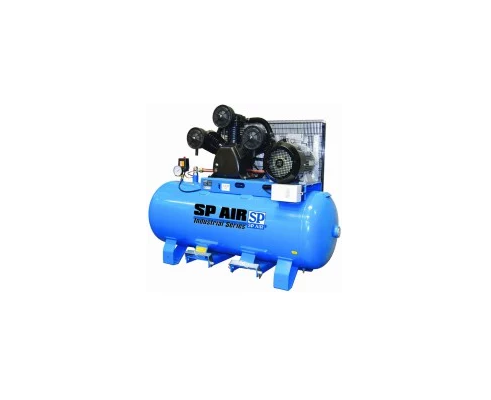
The longer the sequences replaced, and the higher their frequency, the better the compression. Compression is achieved by substituting repeating sequences with their corresponding codes. It associates sequences of data with codes (which use up less space) in a "dictionary". Data with high entropy tends to be random.Ī dictionary coder is a lossless compression algorithm that takes advantage of low entropy. Data with low entropy tends to have repeating sequences. This is the crux of the counting argument: if all files can be compressed, the total number of unique compressed files will be less than the number of uncompressed files, which means there's no one-to-one correspondence between them, which means the compression algorithm is not lossless.įor our purposes, entropy is a measurement of the unpredictability of data. The example above shows that, because a lossless compression algorithm needs to produce a distinct encoded file for each data file, not all data files can be compressed - and in fact, some of them will be expanded.įor instance, what can "0" be compressed to? We cannot reuse the outputs for "", or "00", or "01" because then how will the decoder know which file to decode? LCA("01") = "1" // successfully compressed! LCA("00") = "0" // successfully compressed! LCA("") = "" // the empty file naturally compresses to itself Let's take all files consisting of at most two bits: Suppose we have a lossless compression algorithm LCA that can compress all files.įor simplicity, let's consider that the files to be compressed are made of bits. This is proven with the counting argument, which you can learn more about by following the designated link at the bottom of this article. Given data D of size S D, the intent is to encode it as data E of size S E, such that:Įxpansion occurs because it is mathematically impossible for a lossless compression algorithm to compress all files.
#Tiff compressor decompressor full
Your C++ compiler must support lambda functions, range-based for() loops, and initializer lists, for to successfully compile the source code snippets in this article, and the full programs attached. The source code is written in C++11, the 2011 version of the C++ language's standard.

G++ -Wall -Wextra -pedantic -std=c++11 -O3 lzw_vX.cpp -o lzw_vX.exe
#Tiff compressor decompressor zip
Their source code is attached to this article as ZIP archives. The above programs are command-line utilities. Compared to Version 5, it's significantly slower but compresses better. The encoder uses a vector-based binary search tree. The encoder uses a custom memory allocator. Both the encoder and the decoder do pair mapping, instead of string mapping.įaster compression and very fast decompression. The decoder is reused from Version 1.įaster compression and decompression.

The decoder uses a string vector.įaster compression. The goal is to implement an LZW file compressor, and gradually improve it. it offers decent compression ratios and speed, and.it's easy to understand and to code, yet.LZW is just one of the original LZ algorithms' many derivatives, the more famous ones being LZSS (used in RAR), LZMA (used in 7z), and Deflate (used in ZIP). Terry Welch published the LZW algorithm in 1984 as an improvement of LZ78. Abraham Lempel and Jacob Ziv published two compression algorithms: LZ77 in 1977 and LZ78 in 1978.


 0 kommentar(er)
0 kommentar(er)
